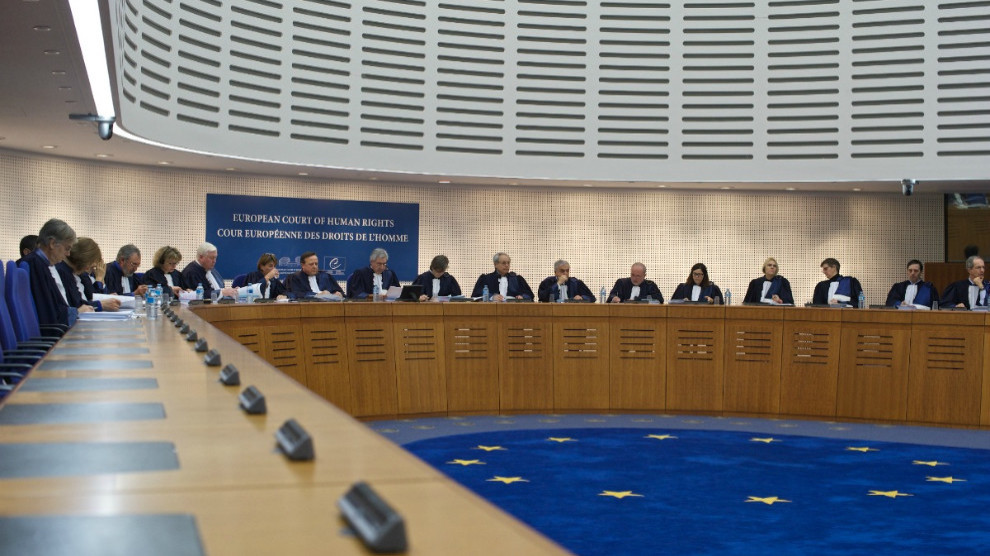ECtHR convicts Turkey over the closure of TAYAD
The dissolution of the association for mutual aid and solidarity with the families of prisoners and convicts in Adana breached the Convention, the Court ruled.
The dissolution of the association for mutual aid and solidarity with the families of prisoners and convicts in Adana breached the Convention, the Court ruled.

In today’s Chamber judgment in the case of Adana TAYAD v. Turkey the European Court of Human Rights held, unanimously, that there had been a violation of Article 11 (freedom of assembly and association) of the European Convention on Human Rights.
The case concerned the dissolution of the applicant association, known as Adana TAYAD, ordered by the District Court on the grounds of illegal activities of certain members of the association’s board of directors, while the judgments handed down in the proceedings relating to those offences were not yet final.
The Court reiterated that the outright dissolution of an association was a very harsh measure entailing significant consequences for its members, and could be taken only in the most serious cases. Under Article 11, States had a heightened duty to provide reasons justifying such a measure.
The Court found, in particular, that as they had not established the existence of compelling reasons for the dissolution order, the national authorities had not discharged their duty to justify the measure, which impaired the very essence of the right to freedom of association. Accordingly, the Court held that the interference had not been shown to be “necessary in a democratic society”.
The Court noted at the outset that the domestic courts had ordered the dissolution of the applicant association and ended its very existence, preventing it from carrying out any activities as an association. That measure amounted to interference with the exercise of its right to freedom of association under Article 11 of the Convention.
The applicant, the Association for Mutual Aid and Solidarity with the Families of Prisoners and Convicts in Adana (Adana Tutuklu ve Hükümlü Aileleriyle Yardımlaşma ve Dayanışma Derneği – commonly known as “Adana TAYAD”), is an association under Turkish law. The declared aim of the association’s founders is to provide help and support to the families of prisoners and convicts.
On 17 September 2009 an Adana court granted the request of the public prosecutor’s office and ordered the dissolution of the association. It observed that the association was engaged in activities that no longer corresponded to the purpose defined in its constitution, that it was disseminating propaganda in favour of PKK, an illegal terrorist organisation, and that, as a result, its purpose “had become incompatible with the law and with morals” and its object had become illegal under Article 89 of the Civil Code. On 7 October 2009 the applicant association appealed to the Court of Cassation. On 3 December 2009 that court upheld the judgment, which became final.